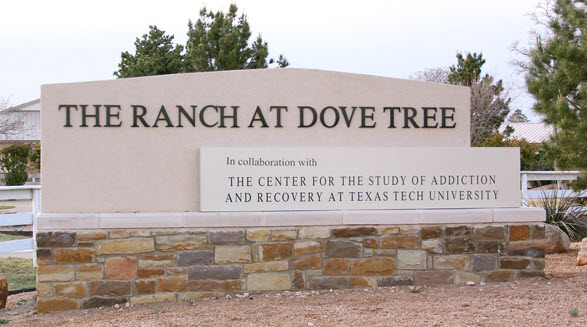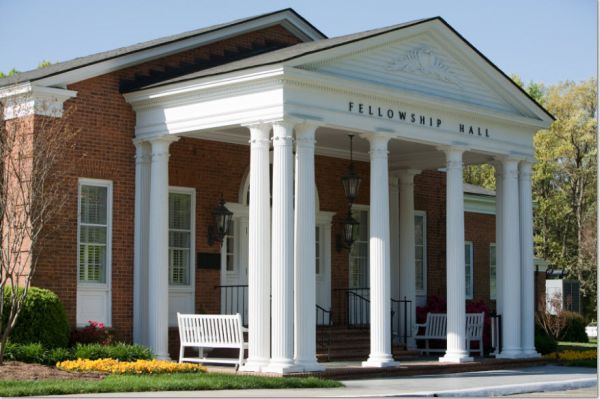Signs and Symptoms of Klonopin Abuse
Klonopin is a benzodiazepine drug that is under the class of CNS depressants. According to the University of Wisconsin-Madison, it is also considered a date rape drug because some individuals use it to alter the mental states of others in order to sexually assault them.
Still, there are those who voluntarily abuse Klonopin in order to feel high and enhance the effects of other drugs. Klonopin abuse can be extremely dangerous to a woman’s health and can quickly lead to tolerance, dependence, and addiction. If you are worried about someone you know who might be abusing Klonopin, look for these signs and symptoms.
Signs of Klonopin Abuse

Klonopin abuse can cause dizziness and drowsiness.
According to the DOCP, there are several common street names for Klonopin. These include: K-Cuts, K-Pins, Super Valium, and Pins. If you hear someone referring to Klonopin by one of these street names, there is a good chance that the individual is abusing Klonopin.
Some other signs of Klonopin abuse are:
- Dizziness
- Drowsiness
- Coordination issues
- An increase in saliva
- Frequent urination
- Slowed motor skills
- Nausea
- Slurring speech
- Aggression
- Acting nervous or angry, especially if someone brings up her drug abuse
- Suddenly not being interested in activities she used to enjoy
If someone is abusing Klonopin regularly, they will likely show many of these signs of Klonopin intoxication. Also, according to the NIDA, a “slowed pulse” and a “lowered blood pressure” both occur whenever someone abuses Klonopin over a long period of time. These side effects may become dangerous, especially the longer they occur and the longer the abuser continues to take Klonopin.
There is also an “increased risk of respiratory depression and death” in a woman who abuses Klonopin because she might overdose. If you notice someone breathing very slowly or not at all, or even having convulsions as well, this can be a sign of Klonopin abuse and overdose, and you must call 911 for the individual at once.
Symptoms of Klonopin Abuse
Are you unsure whether or not you have been abusing Klonopin? Or has someone you know complained of Klonopin abuse related symptoms? Here are some of the more common symptoms women encounter when they abuse Klonopin:
- Fatigue
- Memory problems
- Tolerance building up for the drug over time which the abuser then uses an an excuse to take more of the drug
- Confusion
- The inability to concentrate
- Hallucinations
- Disorientation
- Nervousness
- Blurry vision
Many people who take high doses of Klonopin suffer from amnesia related to the time they were on the drug. If this occurs often when you take Klonopin, you are likely taking too much. Anyone who takes Klonopin outside of the amount prescribed to her is abusing the drug.
If a woman is abusing Klonopin, she is likely doing so in order to feel its euphoric effects or to enhance the effects of another drug. This can be extremely dangerous, but there are clear signs and symptoms that point to the abuse of the drug. If you notice these signs and symptoms in a person you love, make sure to seek treatment for them as soon as possible so that they can stop their abuse before it becomes a full-blown addiction.
Turning Point New Haven CT
This triple-tiered rehab located in New Haven, Connecticut provides a road to recovery and a much-needed hand-up to young men dealing not only with addiction, but with a lack of real-life skills that prevent them from living full, substance-free lives in the real world. While many guys their age are studying their way through New Haven’s hallowed, ivy-league institutions, their counterparts at Turning Point are working as if their lives depend on it.
Details ›The Ranch at Dove Tree
Salt-of-the earth friendliness and down home hospitality aren’t just West Texas stereotypes at The Ranch at Dove Tree, a treatment center located on 15 acres near Lubbock.
Details ›Fellowship Hall
You're not a resident or a client at Fellowship Hall, and you’re definitely not a patient. You’re a guest. Whatever the terminology, miracles happen at this treatment center snugly situated amidst the gently rolling hills of North Carolina’s historic Piedmont area.
Details ›



